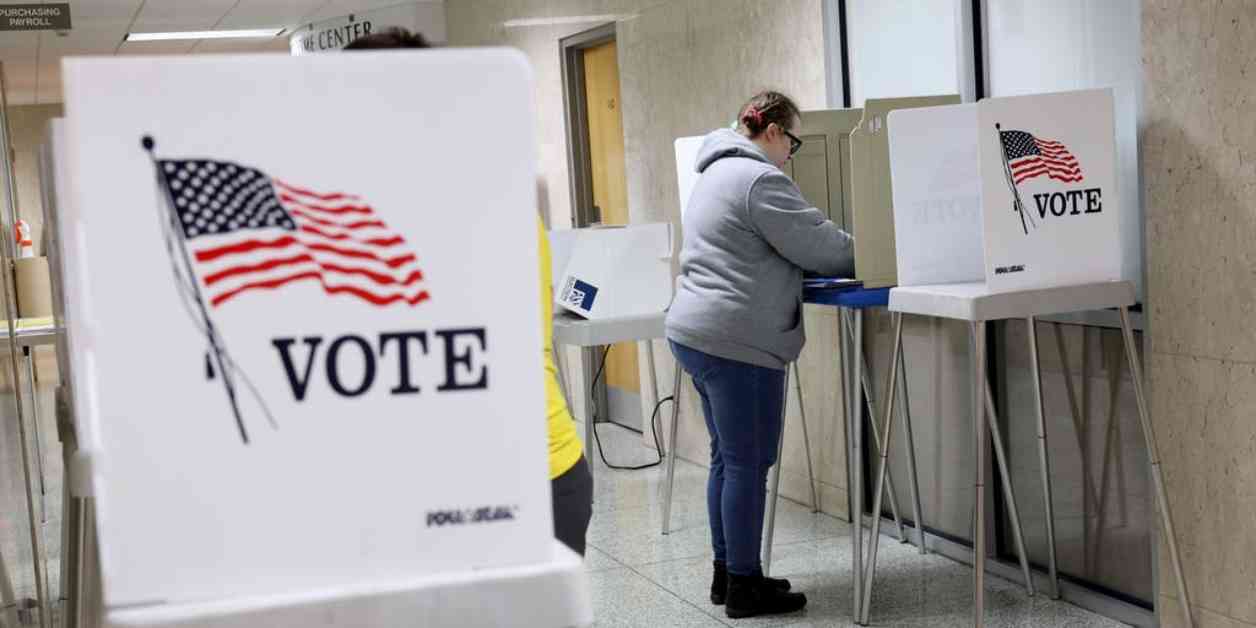Voters in Wisconsin will have the opportunity to vote on a constitutional amendment in November that would explicitly prohibit noncitizens from voting in municipal, state, and federal elections. The proposed amendment, put forth by Republican legislators, seeks to amend the state constitution to specify that only United States citizens who are 18 years or older and reside in an election district may vote in various elections.
State Sen. Julian Bradley, a Republican, has emphasized the importance of addressing this issue now to prevent potential dilution of votes in the future. The amendment is part of a broader trend, with several other states, including North Dakota, Alabama, and Florida, passing similar amendments in recent years.
Supporters of the amendment argue that it is necessary to protect election integrity, particularly in light of the influx of migrants crossing the border. However, opponents, including Democrats and advocacy groups like Law Forward, argue that the amendment is a solution in search of a problem, as no Wisconsin municipalities currently allow noncitizens to vote.
While federal law already prohibits noncitizens from voting in federal elections, some states and municipalities, such as California and the District of Columbia, allow noncitizens to vote in local elections like school board and city council races. The Department of Justice recently sued the administration of Republican Virginia Gov. Glenn Youngkin for removing individuals from the voter rolls who were identified as noncitizens and could not verify their citizenship.
In Texas, over 6,500 potential noncitizens have been removed from the voter rolls since 2021, and in Ohio, 138 individuals were referred for prosecution for voting as noncitizens in a recent election. Alabama has deactivated over 3,000 individuals identified as noncitizens by the federal government from its voter registration rolls.
The debate over noncitizen voting rights is likely to continue as states grapple with issues of election integrity and access. As voters in Wisconsin head to the polls in November, they will have the opportunity to weigh in on this important constitutional amendment that could impact voting rights in the state for years to come.


















